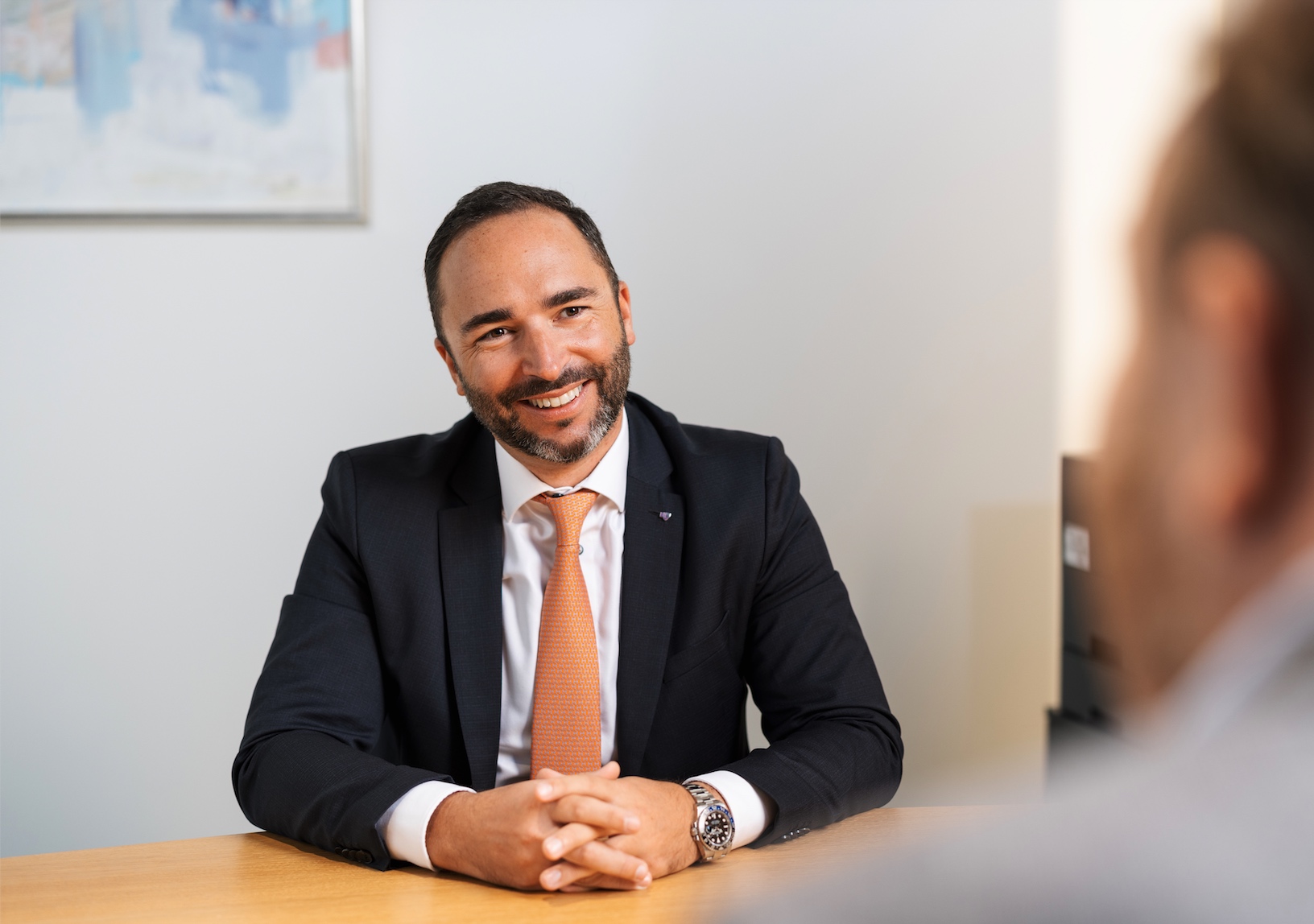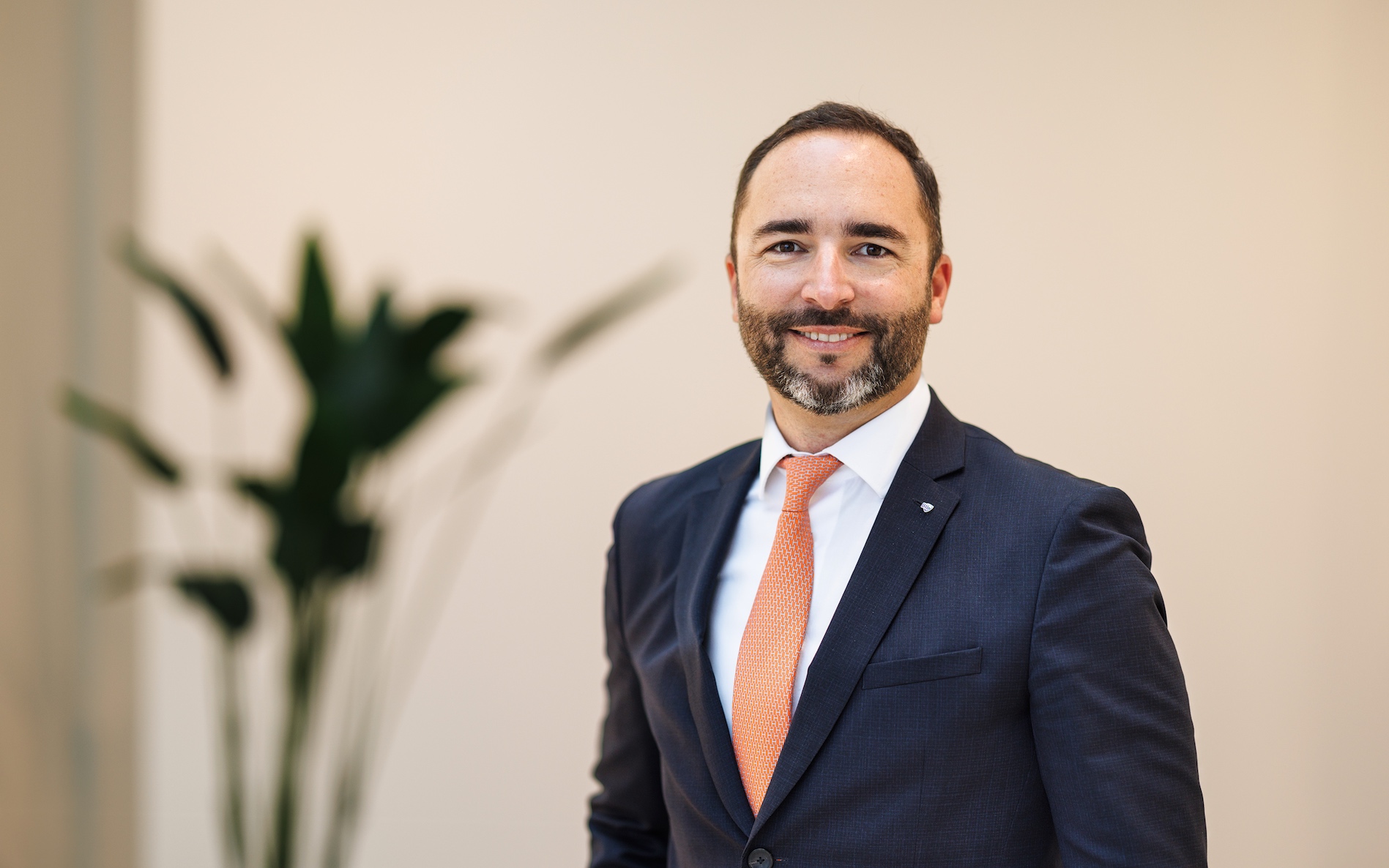Companies need the right partners
Companies must be able to rely on trusted partners when there are important decisions to be made, says Daniel Haag, Global Head of Corporates at BIL. They need connections with the right technical knowledge and the skills that can make all the difference. Knowing that they have a proper support network helps entrepreneurs to stay focused on the big picture and their targets, even in turbulent times.
Mr Haag, which issues require particular attention when you’re looking to start a business? Is a “good idea” the key factor?
Of course, it’s certainly a prerequisite and must make sense or there’s no point in starting the business. But it isn’t enough on its own. In the start-up phase, it’s essential to have adequate support and the required trust. Friends, family and the support of certain experts play a key role. Your bank too.
In addition to a good idea, entrepreneurs must know very early on, what they intend to market, how, and to which target groups. This also implies being clear about what this presupposes in terms of financing and organisation, both for the entrepreneurs themselves and for their companies. You must be able to see the big picture and have a detailed plan for putting your idea into practice. What’s more, when it comes to business ideas, it isn’t always the best ones that are successful in economic terms. You need to cover all the bases and the environment must be favourable.
Is that the case in Luxembourg?
There have been many new companies established in Luxembourg in the last 10 years. There are good ideas, sound business models and a favourable environment. Luxembourg has the potential required to meet the expectations of entrepreneurs.
In the event of a long-term crisis, how should I prepare myself, and optimise my liquidity? What are the main risks associated with liquidity management?
Optimising your liquidity mostly means forward thinking. An entrepreneur must be able to plan income and expenditure over the long term. Not just with regard to any potential seasonality in the business, but also bearing in mind that you can never rule out unforeseen events and crises. The recent past has reminded us that proper planning remains the be-all and end-all when it comes to liquidity. Knowing where you want to get to in the next 12 months is a clear advantage that will help you progress. And it puts you in a more comfortable position when it comes to talking to your bank about financing.

Leasing may be an interesting form of financing for business start-ups. How does it work and when is it appropriate?
With leasing, the subject of the lease represents the lessor’s guarantee. This is the main difference to a normal loan, for which you need to provide guarantees. Companies often struggle to provide such guarantees, particularly in the early stages of their development.
Leasing is an attractive form of financing at different stages in the life cycle of a company.
Is leasing particularly attractive for business start-ups?
Absolutely, it may even be of primordial importance. As I said, leasing is a good option if you don’t have sufficient guarantees for the purchase of equipment, etc. So a large number of business start-ups go down this route. That said, leasing isn’t just a good financing option for start-ups – it is attractive at different stages in the life cycle of a company. This is particularly true if the lessor is considered the economic and tax owner of the subject of the lease based on the criteria set by legislation. In these circumstances, the lessee does not include the asset on its commercial balance sheet. This reduces the visible level of debt in the company, leaving room for other short-term financing where necessary.
International expansion is a challenge for entrepreneurs. What are the decisive factors in this area?
You need access to the target markets, sufficient experience, and competent partners you can rely on. This is precisely where the bank can play a central role, together with Luxembourg’s Export Credit Agency, ODL. For example, by facilitating the involvement of a foreign partner for financing. In addition, a bank can mobilise its own network of contacts to help create links to other foreign entrepreneurs and generate some key introductions. This is essential when it comes to rolling out your business internationally.
Is it easy for Luxembourg companies to expand abroad?
We can’t provide a general answer to this question. Everything depends on the sector and markets under consideration. In some segments of the economy, it is easier to set up internationally. Europe has greatly simplified the roll-out of economic operations beyond domestic borders. But if you want to expand abroad, you need to know what your target markets are like, the domestic regulations that are in place, and any of the various specifics of the local environment.
Let’s talk about diversification: why is it so important for entrepreneurs?
Because companies must have a sound basis and must have some room for manoeuvre to protect them from cyclical influences. This is particularly important during a crisis. However, any move towards diversification must be adapted to the individual sector and to each specific company. Diversification is not an end in itself. As an entrepreneur, you must know how to remain focussed, and must not lose sight of what you are hoping to achieve. These two aspects are key to the success of a company. If you go too far along the path to diversification, you may dilute your impact and stray from your goals.
Entrepreneurs must be continuously adapting and setting milestones for the future.
Entrepreneurs must also think about social protection. Are supplementary pensions efficient?
They represent a proven method of long-term planning. As an entrepreneur, you must always be prepared to exploit the means available to you and to set sound milestones for the future. Of course, this also means providing for your own financial security and carefully preparing for the day you leave the company. In this respect, supplementary pensions represent a good means of securing your future. But they are just one option among many. When preparing for the future, diversification in your personal finances is also essential.
|
Daniel Haag As Global Head of Corporates, Daniel Haag is responsible for BIL’s corporate clients. A graduate of HEC Lausanne and Harvard Business School, Daniel joined BIL in 2015 after gaining extensive experience in the areas of consulting and finance. Helping entrepreneurs to start up their business, invest and innovate is the driver for his professional commitment. He believes that Luxembourg offers an attractive business location – including and especially for anyone looking to set up a company. |


 Mortgage
Mortgage Personal loan
Personal loan Savings
Savings